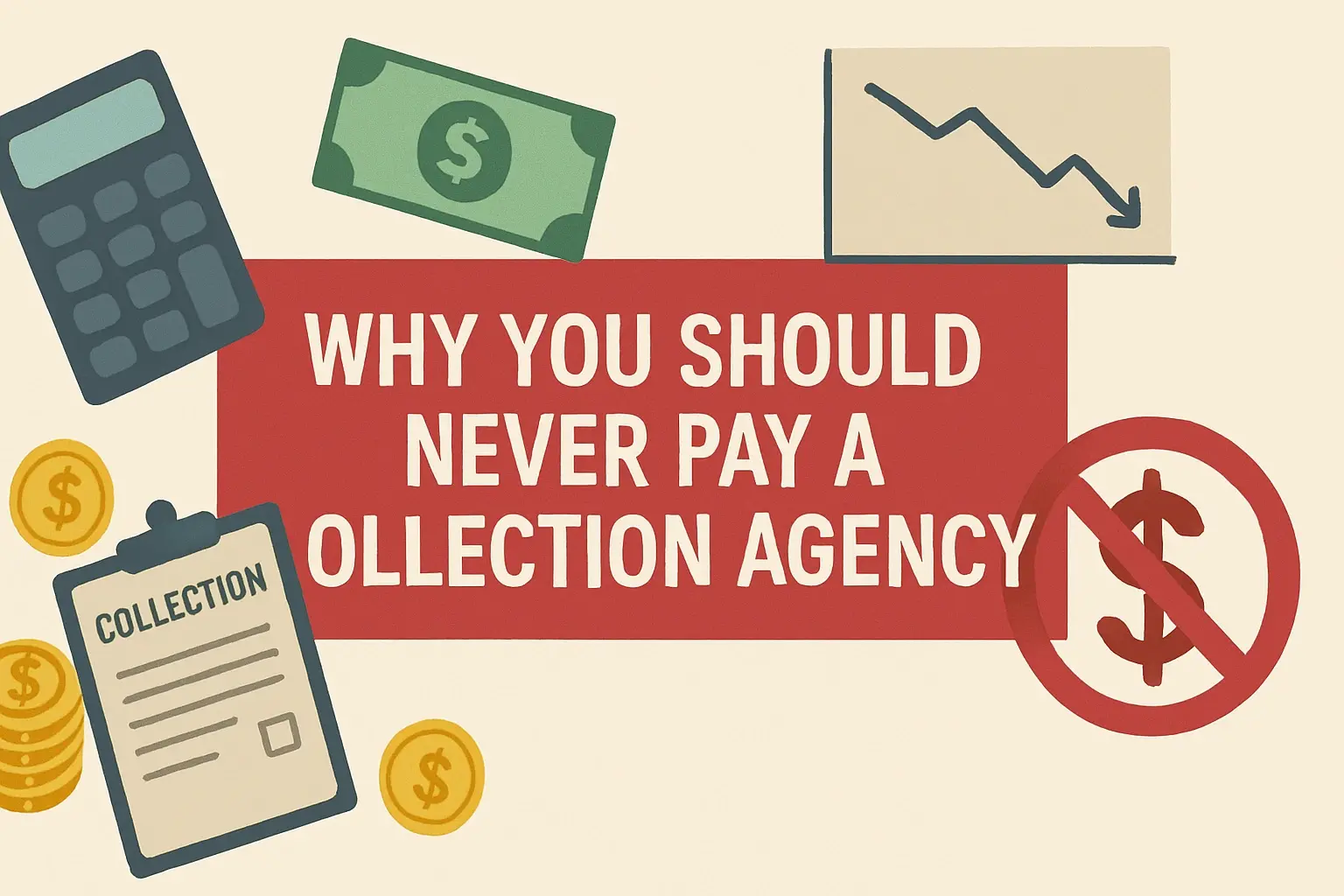-
Posted on: 06 Feb 2025

-
Your credit score is a crucial number that influences many aspects of your financial life. It's a three-digit representation of your creditworthiness, reflecting your history of borrowing and repaying debt. A higher score typically means better access to loans, lower interest rates, and more favorable financial opportunities. But what about a credit score of 637? Is it good, bad, or somewhere in between? This article will delve into the significance of a 637 credit score and how it affects your financial well-being.
Understanding Credit Score Ranges
Before assessing a 637 credit score, it's essential to understand the standard credit score ranges. While different credit scoring models exist, the FICO score is the most widely used. Here's a general breakdown of FICO score ranges:
- Exceptional: 800-850
- Very Good: 740-799
- Good: 670-739
- Fair: 580-669
- Poor: 300-579
Based on these ranges, a credit score of 637 falls into the "Fair" category. This means it's neither exceptionally good nor particularly bad, but it does indicate some room for improvement.
The Impact of a 637 Credit Score on Your Finances
A "Fair" credit score, like 637, can have several implications for your financial life. Here's a closer look at how it might affect you:
Loan Approval
Obtaining a loan with a 637 credit score is possible, but it might not be as straightforward as it would be with a higher score. Lenders view borrowers with fair credit as riskier, so they may be less willing to approve loan applications or offer favorable terms.
Mortgages: While some lenders offer mortgages to borrowers with fair credit, the interest rates are typically higher. You may also need to provide a larger down payment or meet stricter eligibility requirements.
Auto Loans: Similarly, you can secure an auto loan with a 637 credit score, but expect to pay higher interest rates. This can significantly increase the total cost of the vehicle over the loan term.
Personal Loans: Personal loans are available to individuals with fair credit, but the interest rates and fees can be substantial. It's crucial to compare offers from multiple lenders to find the most affordable option.
Credit Cards: You'll likely qualify for secured credit cards or cards designed for individuals with fair credit. These cards often have lower credit limits and higher interest rates compared to cards for those with good or excellent credit.
Interest Rates
Interest rates are the primary factor affected by your credit score. Lenders use your credit score to assess the risk of lending to you. A lower score indicates a higher risk, leading to higher interest rates. This means you'll pay more in interest over the life of the loan, increasing your overall debt burden.
For example, consider a $200,000 mortgage. Someone with an "Excellent" credit score might secure an interest rate of 6%, while someone with a "Fair" credit score might face a rate of 7.5% or higher. Over a 30-year loan term, this difference can translate to tens of thousands of dollars in extra interest payments.
Credit Limits
With a 637 credit score, you might encounter lower credit limits on credit cards and other lines of credit. Lenders are hesitant to extend large amounts of credit to borrowers with fair credit due to the perceived risk of default.
Lower credit limits can impact your credit utilization ratio, which is the amount of credit you're using compared to your total available credit. Keeping your credit utilization below 30% is crucial for maintaining a healthy credit score. A low credit limit makes it more challenging to stay within this threshold.
Insurance Premiums
In some states, insurance companies use credit scores to determine insurance premiums. A lower credit score might result in higher premiums for auto insurance and homeowners insurance. This practice, known as credit-based insurance scoring, is based on the correlation between credit history and the likelihood of filing claims.
Rental Applications
Landlords often check credit scores as part of the rental application process. A 637 credit score might raise concerns for some landlords, potentially leading to rejection or requiring a higher security deposit. A strong rental history, stable income, and positive references can help offset the impact of a fair credit score.
Employment Opportunities
Some employers, particularly those in the financial sector or positions requiring security clearances, may check credit reports as part of the hiring process. A fair credit score might not automatically disqualify you, but it could be a factor in the decision-making process. It's important to be prepared to explain any negative information on your credit report.
Factors That Influence Your Credit Score
Understanding the factors that contribute to your credit score is crucial for improving it. The five main factors considered by FICO are:
- Payment History (35%): This is the most important factor. Paying your bills on time, every time, is essential. Late payments, even by a few days, can negatively impact your score.
- Amounts Owed (30%): This refers to your credit utilization ratio. Keeping your balances low and avoiding maxing out your credit cards is crucial.
- Length of Credit History (15%): A longer credit history generally results in a higher score. The longer you've been using credit responsibly, the better.
- Credit Mix (10%): Having a mix of different types of credit accounts (e.g., credit cards, installment loans) can positively impact your score.
- New Credit (10%): Opening too many new credit accounts in a short period can lower your score. Lenders may view this as a sign of financial instability.
Strategies to Improve a 637 Credit Score
Improving your credit score from 637 to a "Good" or "Very Good" range can significantly enhance your financial opportunities. Here are some effective strategies:
Pay Bills on Time
The most crucial step is to consistently pay all your bills on time, every time. Set up automatic payments to ensure you never miss a due date. Even one late payment can have a detrimental effect on your credit score.
Reduce Credit Card Balances
Lower your credit utilization ratio by paying down your credit card balances. Aim to keep your balances below 30% of your credit limit on each card. If possible, pay them down even further, aiming for below 10%.
Dispute Errors on Your Credit Report
Obtain copies of your credit reports from all three major credit bureaus (Equifax, Experian, and TransUnion). Review them carefully for any errors or inaccuracies. If you find any, dispute them with the credit bureaus. They are legally obligated to investigate and correct any verified errors.
Become an Authorized User
If you have a family member or friend with a credit card and a good credit history, ask if you can become an authorized user on their account. As an authorized user, the account's payment history will be added to your credit report, potentially boosting your score. Ensure the account is managed responsibly, as negative activity can also negatively impact your score.
Consider a Secured Credit Card
If you have difficulty qualifying for an unsecured credit card, consider applying for a secured credit card. These cards require a security deposit, which serves as your credit limit. Using a secured card responsibly and making timely payments can help you build or rebuild your credit.
Avoid Opening Too Many New Accounts
Resist the urge to open multiple new credit accounts at once. Each credit application results in a hard inquiry on your credit report, which can slightly lower your score. Focus on improving your existing credit accounts before applying for new ones.
Monitor Your Credit Score Regularly
Regularly monitor your credit score and credit report to track your progress and identify any potential issues early on. Many credit card companies and financial institutions offer free credit score monitoring services.
Consider a Credit Builder Loan
A credit builder loan is a small loan designed to help you improve your credit score. The funds are typically held in a savings account while you make regular payments. Once the loan is paid off, you receive the funds, and your payment history is reported to the credit bureaus.
How Long Does It Take to Improve a Credit Score?
The time it takes to improve your credit score depends on several factors, including the severity of your past credit mistakes and the steps you take to improve your creditworthiness. While there's no magic formula, consistent effort and responsible credit management can lead to noticeable improvements within a few months. More significant improvements may take six months to a year or longer.
The Importance of Long-Term Credit Health
Improving your credit score is not just about achieving a specific number. It's about establishing healthy financial habits and building a solid foundation for your future. By managing your credit responsibly, you can gain access to better financial opportunities, save money on interest, and achieve your financial goals.










